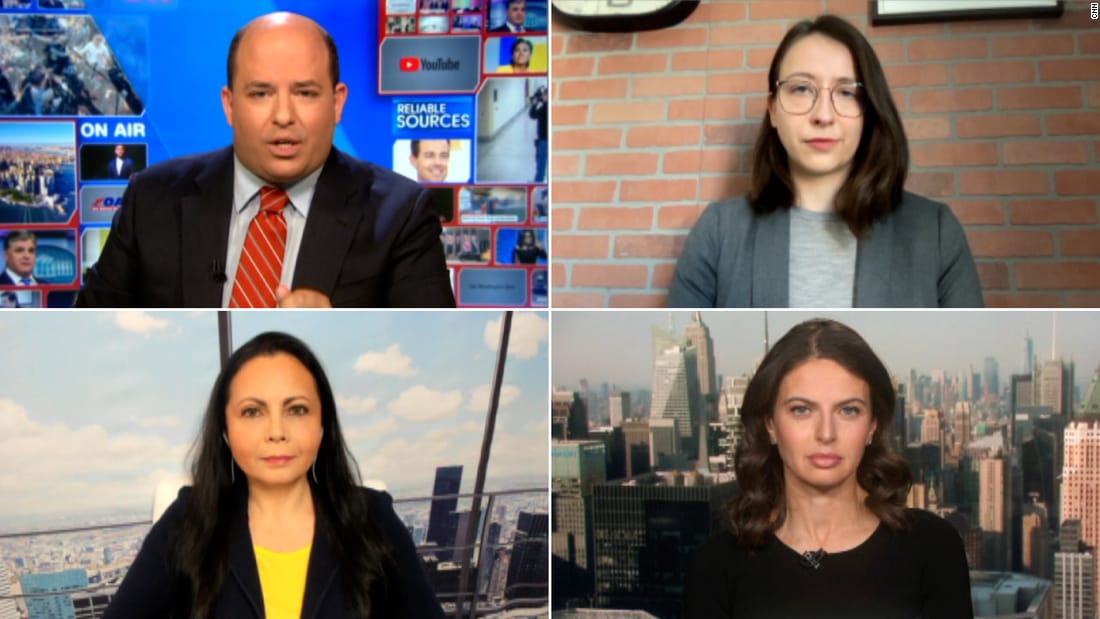Many are calling the Russian invasion of Ukraine the TikTok War – users of the platform have been actively posting about the military escalation even when the Russian authorities deny it. Stelter said many are also using social media to become “anti-war activists”.
David French, senior editor at The Dispatch, said social media shows Americans how “incredibly brutal” this war is, but that these platforms don’t provide an overarching strategic view, such as the locations of Russian troops or the true number of casualties.
“Each of these TikTok videos is a very small snapshot of a very small moment in time, often without any other overlapping context,” French said. “So you’re really going to have to spend a massive amount of time with some real background to start putting this TikTok jigsaw puzzle together.”
French added that the speed with which these summaries were posted on social media may have prompted Western countries to “commit quickly” to imposing tougher sanctions.
“The inspiring nature of the Ukrainian resistance that puts so many Western governments to a disgrace, quite frankly, spurs action,” French said.
Browse information on social media
Stelter cited a prime example of disinformation spreading on social media – a video of Russian paratroopers that was shared on TikTok and Twitter and turned out to have been filmed in 2015.
“Propaganda is part of every war,” Litvinenko said. “The aim of the propaganda coming out of Russia now is to undermine the Ukrainian narratives and frighten the Ukrainian people,” she said.
Litvinenko warned against reports of “Russian forces, Russian force movements and disinformation” on social media, which are being debunked by Ukrainian media in real time.
“I have a general rule, the more specific and dramatic the information, the higher the suspicion,” said a French, an Iraq war veteran. “For now, the most reliable reports will be the high-level and most opaque reports.”






